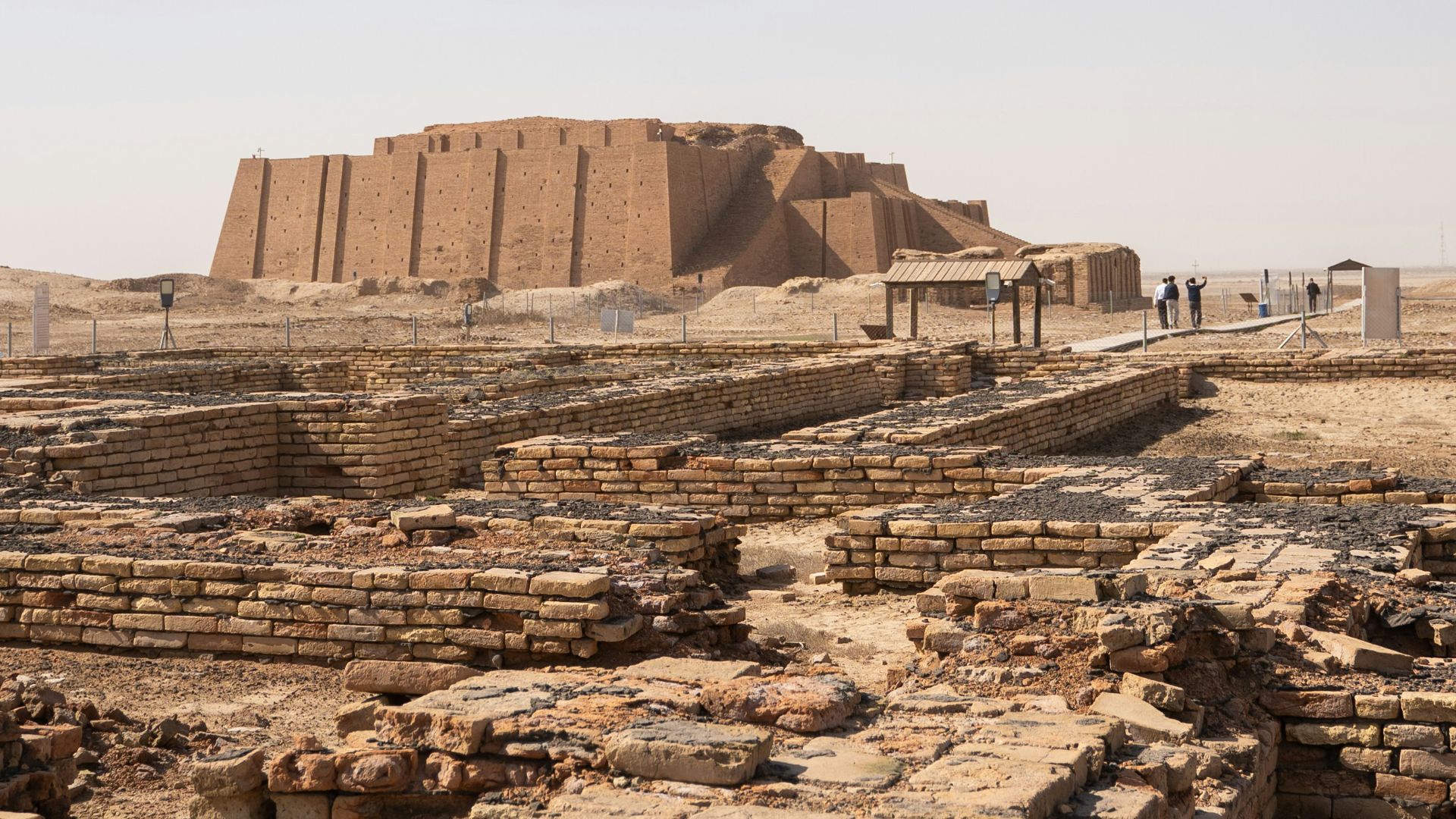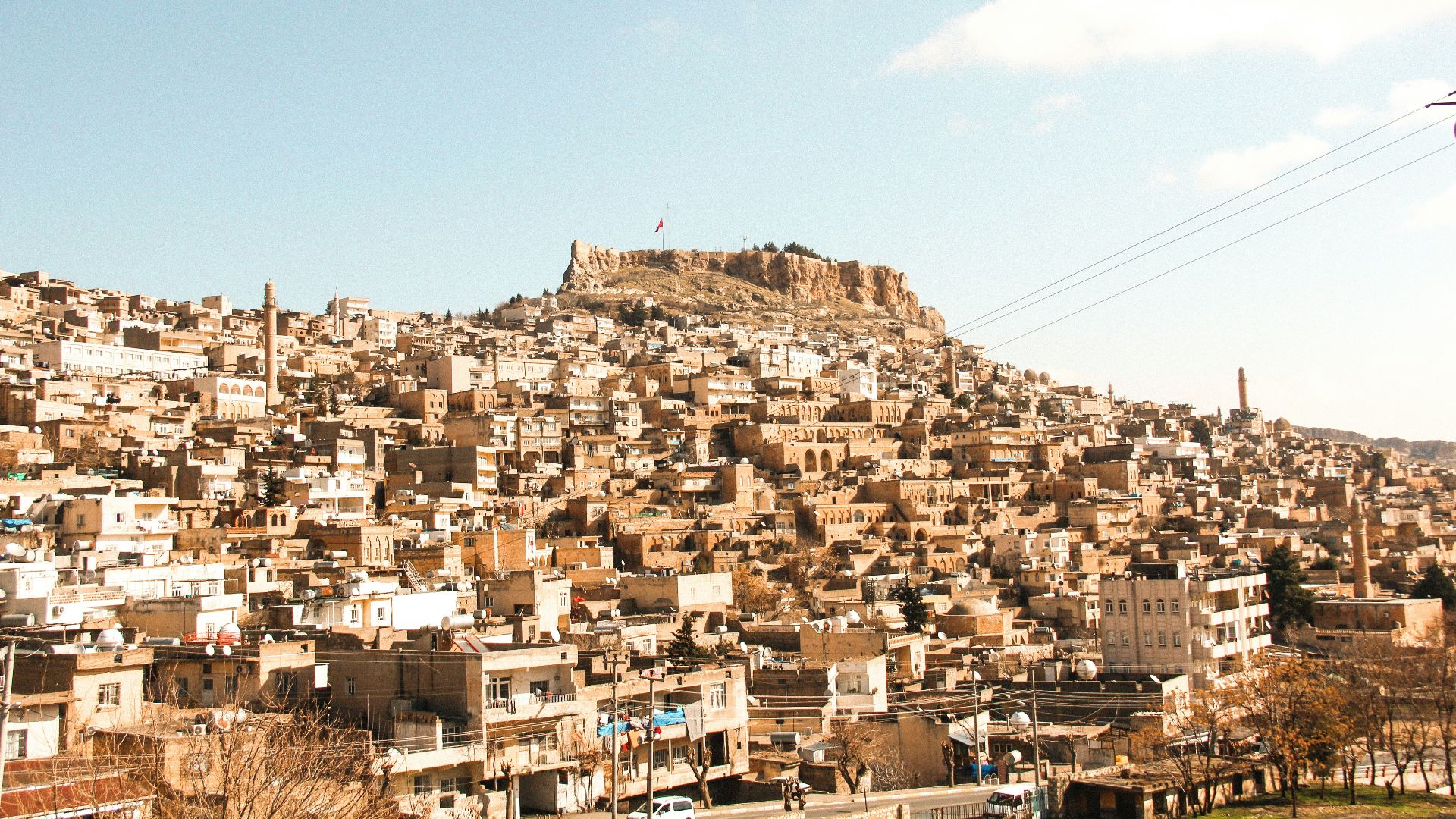Back in the day, Ancient Mesopotamia was the place to be. Considering the geographical area of some of humanity’s most important inventions, the wheel, mathematics, astronomy, agriculture, and writing, just to name a few, it’s no surprise that we want to learn as much as we can about this historic area.
A Touch Of History
Mesopotamia sprang up during the Neolithic Revolution, sometime around 10,000 BCE. It's located, centrally, in modern-day Iraq, but its borders stretched into Iran, Turkey, Syria, and Kuwait.
The Sumerians and Akkadians were the primary makeup of Mesopotamia at the beginning of recorded history, sometime around 3,100 BCE, to the fall of Babylon in 539 BCE. From there, the area was conquered by the Achaemian Empire, Alexander the Great (332 BCE), and the Parthian Empire (150 BCE), before regions of the area started falling to different leaders.
Mesopotamia as a civilization ended with the fall of Babylon, but its influence lasted until around 100 CE, snuffed out by Greek and Parthian rule. At its peak, it's estimated that 1 million people called this area home.
Ghost Stories
Alongside the physical inventions, Mesopotamia is widely considered ground zero for ghost stories and the belief in spirits. The earliest recorded word for “spirit” comes from a Babylonian tablet dating back to the 3rd millennium BCE.
The Epic of Gilgamesh, one of the world’s earliest examples of written literature, follows the story of a legendary king who is visited by the spirit of a close friend. The friend, known as Enkidu, shares with the king that spirits forgotten by loved ones face tremendous suffering in the afterlife, while those honored by their loved ones are the only spirits to find peace.
This novel is also the first example of ghost hauntings, as Enkidu explains that the suffering spirits will return to haunt the living.
Real-Life Practices
Either in thanks to this book, or through stories that are now lost to time, we have a pretty clear picture of how ancient Mesopotamians physically honored their dead. In the major religion of Mesopotamia, a form of polytheism, it was believed that the underworld (Irkalla) was a dark place of little sustenance. Therefore, people who passed on relied on the living to sustain them.
It was common for surviving relatives to regularly make offerings of food or drink, most notably daily offerings of cool water, and they believed that if they failed to do so, harm would come upon them.
Physical ailments like headaches, eye and ear problems, intentional pain, dizziness, fever, and neurological disorders were all caused by seeing or hearing a ghost, and the Mesopotamians used a plethora of ritual performances to heal the sick or unfortunate.
Offerings, libations, figurines, ritual burials, amulets, salves, and potions were just some of the many cures that were enacted if the community believed someone was being haunted.
Ritual burials were also important for a spirit to peacefully pass on. In fact, it was widely believed that those who died in battle, left unburied, drowned, or went missing, would return to their family members, bringing bad luck with them.
Modern historians have linked these ancient ghost stories to the wider social structure and belief of kinship that existed in Mesopotamia. The practice of respecting the dead, burying them properly, and honoring one's ancestors exists in nearly every major religion or cultural group today, as does the corresponding non-corporeal maliciousness that haunts you if you’ve forgotten your duties.
All this to say, the next time you’re sharing spooky stories around a campfire, you can feel connected to thousands of generations of people, who, in their own way, in their own language, did the same thing—just without the s’mores.
KEEP ON READING

20 Weirdest Historical Objects in Museums
Check Out the Pickled Heart of a Saint. Museums carry…
By Rob Shapiro Oct 1, 2025
20 Ocean Mysteries We Still Haven’t Solved
Unanswered Questions Of The Ocean. The ocean covers most of…
By David Davidovic Sep 1, 2025
10 Phenomenal Mythical Creatures & 10 That Are Just Plain…
Legends Both Majestic And Peculiar. Do you ever wonder why…
By Chase Wexler Oct 1, 2025
20 Historical Predictions That Turned Out To Be True
Crystal Ball Moments In History. Do you wonder what it's…
By Chase Wexler Sep 1, 2025
10 Presidents Who Never Served In The Military & 10…
Commanders And Civilians In Office. Power can rise from very…
By David Davidovic Sep 1, 2025
20 Wars That Could Have Ended Much Sooner Than They…
Wars That Lasted Far Too Long. Wars are often remembered…
By David Davidovic Sep 1, 2025


